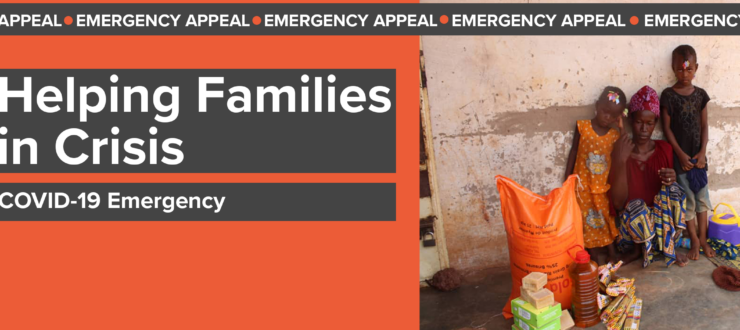Nepal
Nepal is a landlocked country in South Asia situated in the Himalayas between China and India. It is the country of the Mount Everest, the highest mountain peak in the world, and the Birthplace of Gautama Buddha- Lumbini. Nepal boasts an extremely vibrant culture, which varies as much as the regions and people groups. The country gained independence in 1923.
In recent years Nepal has been experiencing monumental changes from the social and cultural to the political and economic. The country has experienced some growth and poverty reduction, including an equally significant decline in income inequality.
The country’s vulnerability to natural disasters like fires, floods, drought, earthquake, diseases and pest outbreaks, however, stifles agriculture and devastates the economy.
International Needs Nepal (IN Nepal) was established in 1975, by local leader Nicanor Tamang, with a vision of improving the well-being of women and children. IN Nepal is based in Kathmandu.
Our work so far in Nepal:
- Set up in 1997, the Lydia Centre based in Kathmandu provides a five-month residential Women’s Empowerment programme for young women to come to Kathmandu and receive education and vocational skills training. During their five-month course, the women receive training to become professional seamstresses, as well as education in literacy, music, health, nutrition, public speaking and a variety of other classes.
- Following the 2015 earthquake which devastated the country, we began a livelihoods programme in the rural district of Sindhupalchowk, North East of Kathmandu. Sindhupalchowk was one of the most badly impacted areas and many lost everything. The aim of the programme is to support families affected by the earthquake to rebuild their livelihoods and create new sources of income. Through the programme, families receive support through resource provision such as tools and livestock. They are also supported with vocational skills training and finances to build their own small businesses.
- IN Nepal works to see the lives of families improved dramatically in rural areas and to see women empowered with life skills and livelihood skills for a sustainable future. The pandemic and lockdown had devastating impact on small businesses in Nepal. With the limitations on families to provide for themselves, our livelihoods programmes are even more critical.
- In 2021 we completed our three-year livelihoods programme working with subsistence farming families in Sindhupalchowk District.
Country director



